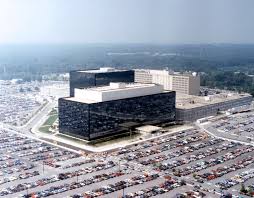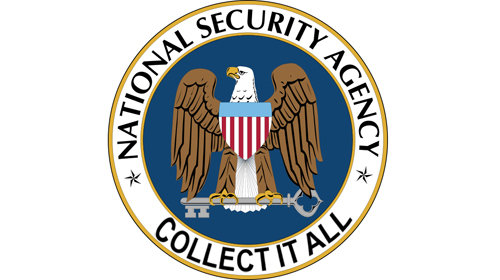By Johnathan Baldauf
In a close (207-215) vote on Wednesday, July 24th, the House of Representatives failed to pass an amendment to the Pentagon appropriations bill that would have limited the National Security Agency’s (NSA) ability to indiscriminately collect phone record data. The amendment, put forward by Representatives Justin Amash (R-MI) and John Conyers (D-MI), would have cut funding for an NSA program that has been reportedly been storing information about every phone call made by US citizens for years.
Idaho Representatives Raúl Labrador and Mike Simpson diverged on their opinions of the program. Rep. Labrador spoke on the House floor about NSA abuses and called for the reexamination of all sections of the PATRIOT Act. Labrador called the surveillance program one of the “unintended, but predictable consequences” of the act. Labrador went on to say that, “Government power must be limited because governments, by their very nature, have a hard time controlling themselves.” He reminded the House that government control must be checked, no matter the party in power. Rep. Labrador voted against renewing the PATRIOT Act in 2011.
Rep. Simpson, on the other hand, voted to continue to allow the NSA to store so-called “metadata” on phone calls received to and from American citizens. 134 Republicans voted against the bill, while 94 voted for it.
The authorization for the NSA program comes from Section 215 of the PATRIOT act. The act was signed shortly after the attacks of September 11th, 2011. The Section 215 program is different from the PRISM Internet communications interceptions program (sometimes called Section 702). While Edward Snowden brought both programs to light, each program focuses on different communications methods. The Amash Amendment would have only affected the Section 215 program.
The amendment would have limited the NSA’s mass surveillance in three ways. First, it would have banned the collection of “metadata” on every phone in the United States. The amendment would have also required that “tangible things” and other records be related to an authorized investigation. Lastly, it would have required the court that oversees these programs to come up with an actual standard to apply in these cases.
For years, the ACLU has expressed concerns over increased government surveillance on U.S. citizens. We believe the NSA oversteps constitutional limits of state surveillance when they collect and store such massive amounts of data on every citizen. Supporters of the program claim that the program is vital for national security. However, the only publically documented success of the program so far is the incarceration of a Somali taxi cab driver who sent funds to a group that poses no direct threat to the United States. The fear brought about by the devastation of the 9/11 attacks has led many Americans to happily sacrifice their liberties in the name of safety. Unfortunately, life is inherently dangerous. It is impossible to be completely safe. While keeping our enemies at bay should be a priority, securing the freedoms that we have fought for should take precedent. The right to privacy and the right to free speech should not be surrendered, no matter what the cost.
For more information, visit:
http://www.aclu.org/national-security/surveillance-privacy
http://amash.house.gov/speech/amash-nsa-amendment-fact-sheet
http://www.idahostatesman.com/2013/07/25/2670345/lawmakers-bid-to-limit-nsa-fails.html
http://www.politico.com/blogs/under-the-radar/?ml=bl_jg
Related Content
Sep 02, 2014

Smith v. Obama
Ending dragnet surveillance of Americans' phone calls by the NSA and the federal government.
Jul 16, 2014

ACLU, Electronic Frontier Foundation Join Idaho Mom’s Legal Challenge to NSA Surveillance
Court of Appeals Agrees to Expedite Case over Telephone Records CollectionCOEUR D'ALENE, Idaho – The American Civil Liberties Union, the American Civil Liberties Union of Idaho and the Electronic Frontier Foundation (EFF) have announced they will join Anna Smith’s legal team in her challenge of the government’s bulk collection of the telephone records of millions of innocent Americans.
Stay Informed
Sign up to be the first to hear about how to take action.
By completing this form, I agree to receive occasional emails per the terms of the ACLU’s privacy statement.
By completing this form, I agree to receive occasional emails per the terms of the ACLU’s privacy statement.

